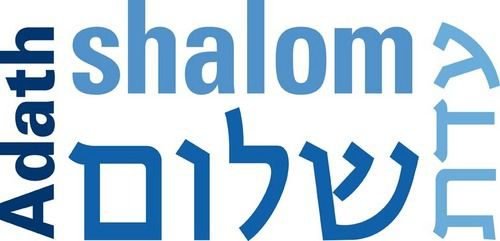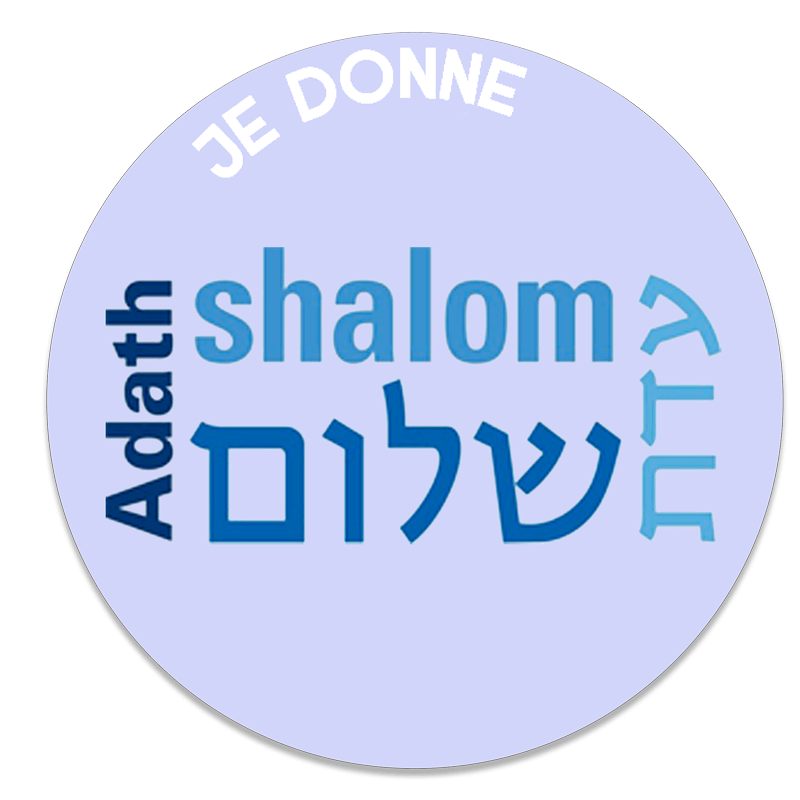In memoriam
Parashat Shoftim tries to describe the laws of judges and of justice, and give guidelines for the creation of a just society. There has probably never been a society that lives up to these ideals, but that doesn’t absolve anyone of responsibility for striving towards them, some are closer and some are further away. Famously, the Torah cries out Tzedek tzedek tirdof, “Justice, justice shall you pursue.”
But how?
There’s a complex relationship between two words we instinctively connect: tzedek and tzedaka, justice and charity. On one hand, in the way we use the words today they seem almost opposite. An act of giving is charity precisely because I’m not obligated to do it, while we assume that justice is obligatory. One can be charitable and unjust: a judge who is kind to the poor and harsh with the rich is a nice guy but a bad judge. But even this opposition is simplistic and doesn’t work exactly. The Talmud warns that Jerusalem was destroyed 2,000 years ago because its judges judged only according to the letter of the law, and never went beyond it. Justice often isn’t mathematical, and figuring out the right thing to do needs to be guided by emotions, gut feelings, convictions and compassion. Justice, justice, you shall pursue — but if the direction of this pursuit is obvious, without nuance and compromise, we should probably be suspicious.
I was rereading this week some of the halachic literature around hostage negotiations, which sadly is not a new phenomenon for the Jewish people. The Shulchan Aruch dedicates a chapter (Yoreh De’ah 252) to the redemption of captives, saying that there is no greater mitzvah than this. Moreover,
כל רגע שמאחר לפדות השבויים היכא דאפשר להקדים הוי כאילו שופך דמים
Every moment that one delays unnecessarily the ransoming of a captive, it is as if one is shedding their blood. (252:3)
But immediately afterwards, there are two caveats: first (252:4), it is forbidden to pay too much for a captive, because of tikkun olam — in the long term, its worse for the Jews if their enemies know that they’ll overpay in return for them. The second caveat (252:5) is that it is forbidden to rescue the captives by force, also because of tikkun olam — again, in the long-term it would put other captives at risk of being treated with more violence. We are trying to apply a system of justice that doesn’t just look with compassion at the plight of the individual, but at the collective.
There’s a fascinating letter written by the Radbaz, Rabbi David ibn Zimra, the chief rabbi of Egypt in the 16th century. He’s trying to understand the meaning of the instruction not to pay too much for a captured Jew. How much is ‘too much’? What’s the price of a human life? He reflects on whether it should be calculated according to one’s price on the slave market, or the average price of redeeming non-Jewish hostages, and so on. For me, the fascinating piece is where he tries to explain the ‘common practice’ (minhag) to pay a lot of money for captives, even against what seems to be the formal halacha, and says:
והנח להם לישראל שהם גומלי חסד בני גומלי חסד… הרי אנו רואי’ שפודין אותן יותר מכדי דמי שאר השבויים ומעשים בכל יום כן וכל המרבה להתעסק במצוה זו הרי זה משובח. וי”ל דסמכו להם על א’ מג’ או ד’ טעמים
Leave the people of Israel alone, for they are kind people and children of kind people… and even though we see that they pay more for their captives than non-Jews on a daily (!) basis, anyone who is engaged in this commandment of [raising money to free them] is considered praiseworthy. And if they do so, they must be relying on one of three or four reasons…
These words, “Kind people, children of kind people” is such a beautiful description of the Jewish community, with roots in ancient rabbinic literature. But we mustn’t fall into the comfortable trap, thinking that this is how Jews necessarily are, but only a description of what we can be at our best. I also don’t think that Israel needs to conduct hostage negotiations according to the Shulchan Aruch, but it wouldn’t be a bad idea to listen to the experience and wisdom of our ancestors.
I want to return to this cryptic ideal, “Justice, justice shall you pursue.” Rather than trying to define the slippery words ‘justice’ and ‘pursue’, but I’d like to ask a more modest question about this sentence — who is ‘you’? This is a question throughout the Torah, but one way of understanding it is that when the text speaks to ‘you’ in the plural, it’s society at large being addressed, while ‘you’ in the singular, like here, applies in some way to each individual. This pursuit of justice isn’t just a warning to judges and leaders, but a call to each one of us. The responsibility for a just society is shared among the people who constitute it.
I’d like to give an example from another issue in the parasha, but I’ll start from the end and work backwards. There’s a common Jewish tradition to wash one’s hands after visiting a cemetery, . There is no formal blessing recited, but some Sefardim recite a quotation from our parasha:
וְעָנ֖וּ וְאָמְר֑וּ יָדֵ֗ינוּ לֹ֤א (שפכה) [שָֽׁפְכוּ֙] אֶת־הַדָּ֣ם הַזֶּ֔ה וְעֵינֵ֖ינוּ לֹ֥א רָאֽוּ׃ כַּפֵּר֩ לְעַמְּךָ֨ יִשְׂרָאֵ֤ל אֲשֶׁר־פָּדִ֙יתָ֙ יְ—הֹוָ֔ה וְאַל־תִּתֵּן֙ דָּ֣ם נָקִ֔י בְּקֶ֖רֶב עַמְּךָ֣ יִשְׂרָאֵ֑ל וְנִכַּפֵּ֥ר לָהֶ֖ם הַדָּֽם
Our hands did not shed this blood, our eyes did not see! O purge your people Israel that you redeemed, O God; do not put innocent blood amid your people Israel!
Isn’t it obvious that we didn’t cause the death of the person whose funeral we just attended? The same question can be asked about the original context in the parasha, which deals with a corpse that is found in a field, and no murderer can be found. The lack of someone to punish doesn’t erase the sense that something terrible has taken place, and a ritual is prescribed: the elders of the nearest town have to make a special expiatory sacrifice, and then make this declaration — “Our hands did not shed this blood.” Again, isn’t it obvious that the leaders of the town are not the murderers? No. The rabbinic tradition seems to say that they say these words in a shaky voice, disturbed by the possibility that their actions, or their lack of action, contributed to the death of this person. Again, responsibility for a just society is shared among the people who constitute it. If someone suffers, we shouldn’t presume ourselves innocent so quickly.
This week we entered into the month of Elul, and these themes of judgement and shared responsibility resonate strongly. We’ll soon begin the selichot prayers, declaring our collective sins: Ashamnu, Bagadnu, Gazalnu; we are guilty, we have been unfaithful, we have stolen. By saying these words, in the plural, we are forced to reflect on our place in the world. Have I stolen? In what way? What is my responsibility for the other thieves, liars and killers around me? If this seems heavy, then welcome to the month of Elul, as we prepare for the new year — it’s not just apples and honey. Especially this year, with all the violence and hatred we’ve suffered as a people, we might feel too battered to start accusing ourselves again with questions like “Have I done enough?”, or “Am I living up to my ideals?” It will demand courage and honesty.
But there’s also another side to this individual and collective responsibility, this infinite pursuit of justice. We also have the potential to be “kind people, children of kind people,” not to be led by anger or grief but by quiet confidence and trust.
May we use this month of Elul to draw strength for the challenges ahead, and to appreciate our deep interdependence on those around us.
Shabbat shalom.




